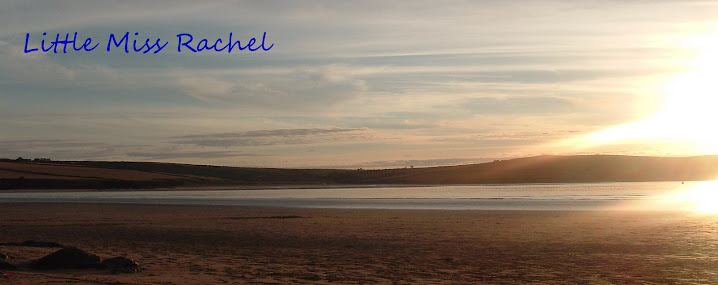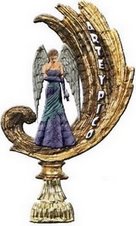 Worked harder today than I've done for a long time. 8 hours (with an hour off for lunch) with no distractions. No internet, no phone, no people, just me, the file, my brain and a couple of text books. So at lunchtime, I thought I'd go for a walk. I wondered through the heart of legal London and found a quiet corner to sit and finish my book. I have been re-reading On Green Dolphin Street, a Sebastian Faulks novel of 2001.
Worked harder today than I've done for a long time. 8 hours (with an hour off for lunch) with no distractions. No internet, no phone, no people, just me, the file, my brain and a couple of text books. So at lunchtime, I thought I'd go for a walk. I wondered through the heart of legal London and found a quiet corner to sit and finish my book. I have been re-reading On Green Dolphin Street, a Sebastian Faulks novel of 2001.
On Green Dolphin Street is set in the late 1950s and early 60s across 3 continents and 4 cities, following the life of Mary van der Linden and her past, present and future relationships. An English girl, who grew up in Primrose Hill, Mary is the wife of a British Diplomat who has been posted to Washington, America. Faulks seems fascinated by the effects of war on relationships and, to some extent, On Green Dolphin Street is no different. This war is the Cold War, however, that political terror that was the Nixon/Kennedy presidential race, those uncertain times when the American people (for those are the people of this book apart from the British Diplomats) struggled with that specific moment in history when the Eisenhower years of the 1950s were left behind, horrors of the Second World War had yet to fade and heal and the idealism of the future had yet to materialise.
I think, for me, there were two central themes; loss and the way that people cope with it and understanding. Loss of life, both in the literal sense of death (deliberate - soldiers killing one another in times of war - and natural) as well as the metaphorical sense of dispair, of giving up, of breaking down. Loss of the presence of children, family, of a lover, loss of one's own personal freedom to make choices because of others' dependancy being more important. Mary believes that marriage “means that if an impossible choice is to be made” between one’s own life and one’s husband’s “you choose his”. Understanding takes many forms, understanding oneself, one's reasons, one's choices, understanding that you can belong to one person yet by necessity be with another. Understanding that in another lifetime, things might have been different.
Mary faces loss and understanding with both realism and idealisim. She lost her fiancee, her "own, her self" in the Second World War. She believes that aspect of her life to be over. She meets Charlie at a party and falls in love with him and together they have 2 children. Charlie, a Diplomat, is posted to Washington, and Mary, the dutiful wife, accompanies him. It is at a party given by herself and Charlie that Mary meets Frank, a reporter from New York, assigned to cover the presidential race. After a prolonged friendship over several illicit meetings, Mary realises that Frank is “me, my inner self. It’s not just him that I yearn for when I call. It’s myself, my previous life, my next life”. As a reader, I longed for Mary to succumb to their relationship. But life doesn't work like that. One can't just up and leave because one feels like it, not if one is as Mary is. No matter how pure the love, the intensity of the knowledge that you are on this earth to be together, there are promises and duties which have been made which must always come first. Perhaps the truest of people who, no matter what their errors and infidelities, will always put themselves last.
By the time I reached the end of the book, I was in tears. I was also reminded of another book, The Bridges of Maddison County which also addressed the idea of a chance meeting with the true meaning of 'other half', yet life, previous responsibilites, duties to other, must always come first, yet knowing that you both spend every waking and dreaming moment with the other.
.jpg)



3 comments:
Do you often re-read books? I think the only books I've ever re-read are 'The Moonstone' by Wilkie Collins and 'Lights Out for the Territory' by Iain Sinclair. The latter should be required reading for everyone who lives in London- a weird and wonderful book which explores the psychogeography of the City of London and the East End.
Now you mention it, I do re-read books all the time. Perhaps even as many as two out of every three books that I read are ones that I have re-read. I read all the time, sometimes a book a day, so I certainly have old favourites that I return to time and time again.
M however says that he rarely re-reads a book.
hi rachel! i loved ur comment especially what u said abt the ending of the story. but i think that Mary's return to her husband and the fact that she didn't get divorced while having an affair with Frank wasn't because of her great heart which care abt other dependents as you said but rather because she loved both of them at the same time.It's mentioned in the story.
Post a Comment